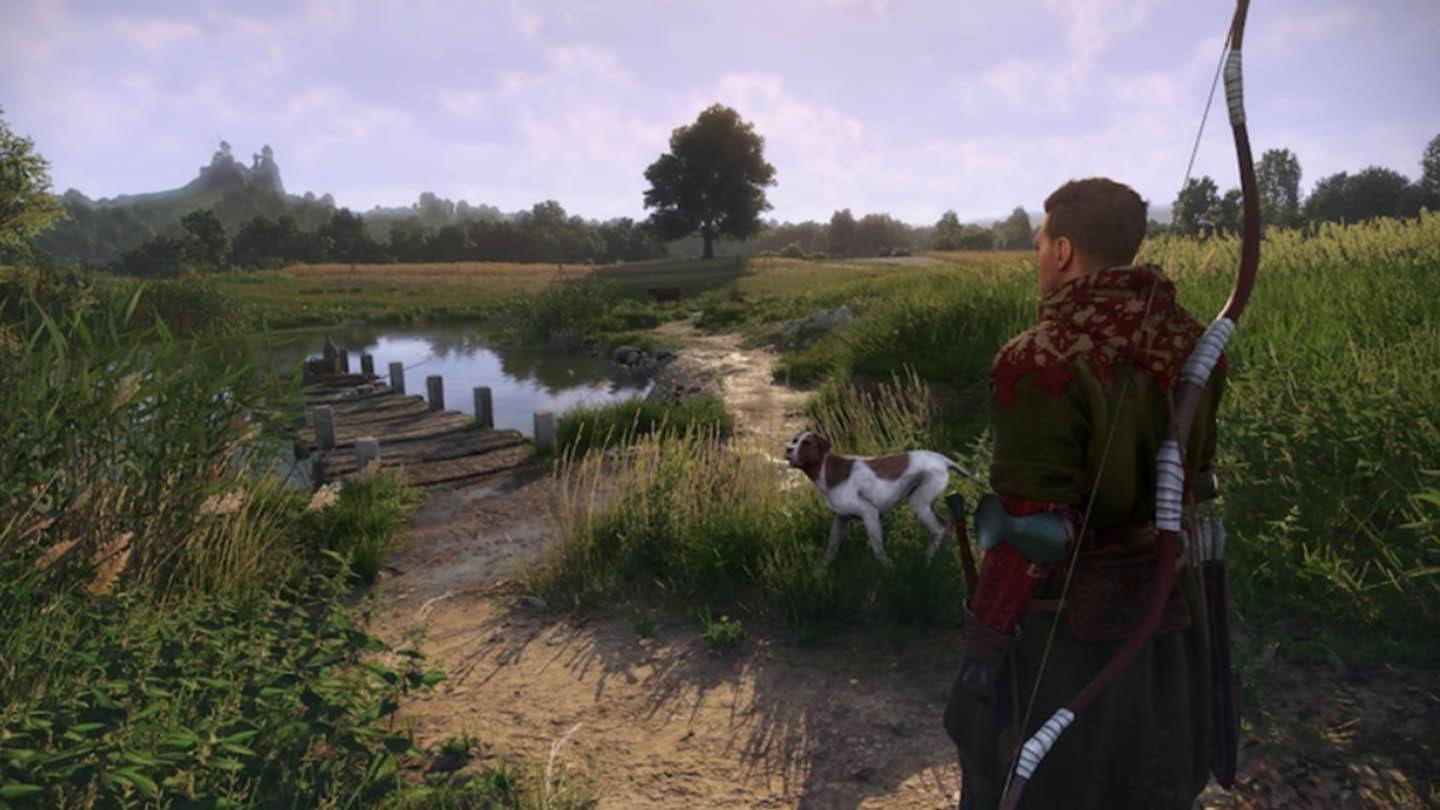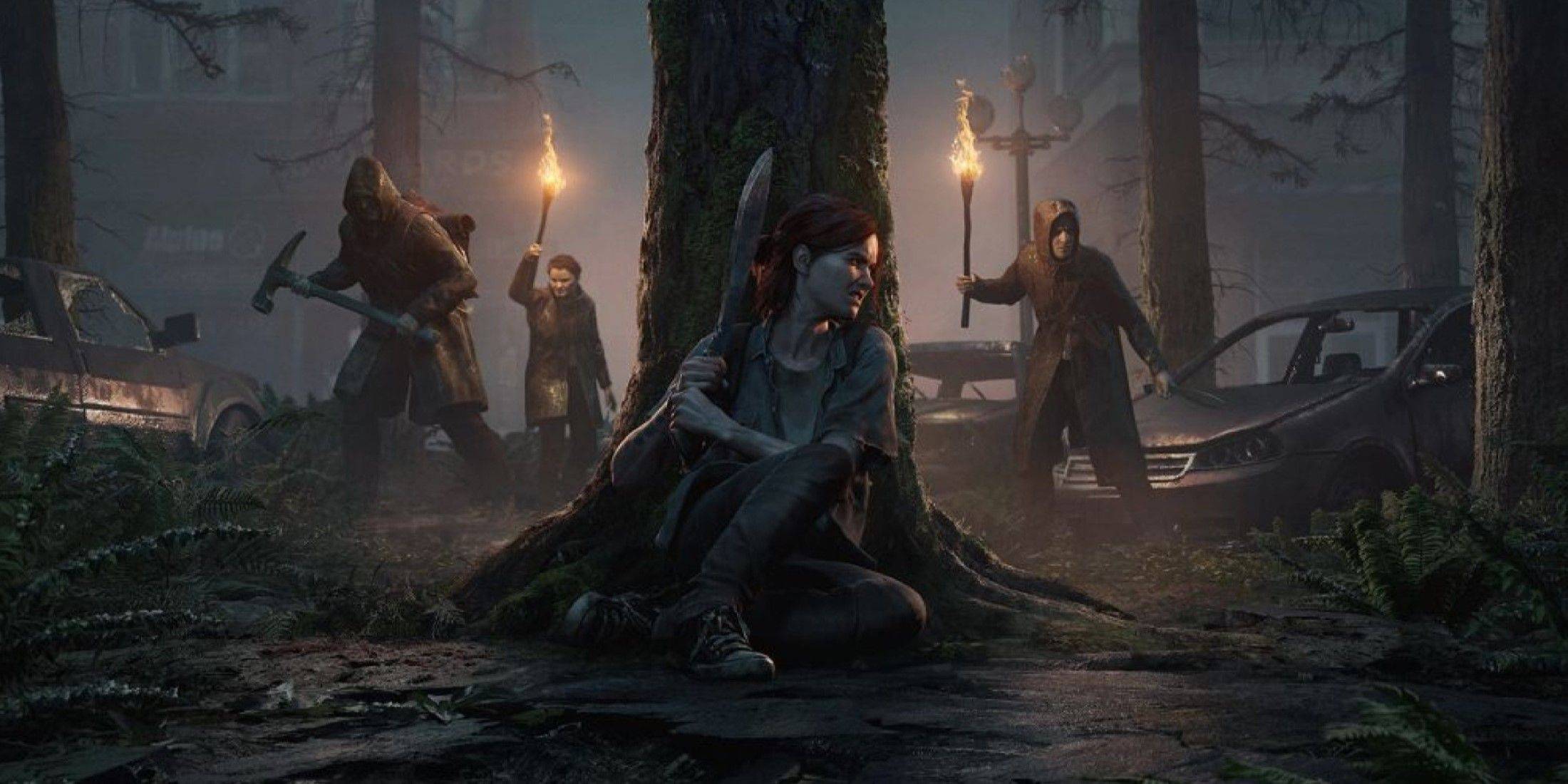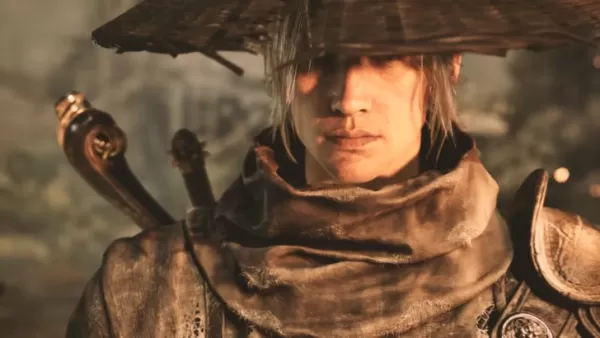SAG-AFTRA Remains Distant from Games Industry on AI Protections
- By Simon
- Mar 25,2025
The Screen Actors Guild - American Federation of Television and Radio Artists (SAG-AFTRA) has provided an update to its members regarding ongoing negotiations over AI protections for video game actors. While some progress has been made, SAG-AFTRA acknowledges that they remain "frustratingly far apart" from the industry bargaining group, comprised of major AAA gaming companies, on critical issues.
SAG-AFTRA has shared a detailed chart highlighting the discrepancies between their proposals and those of the gaming industry. Key points of contention include:
- Protection from AI Use: SAG-AFTRA seeks protection from digital replica or generative AI use for all work, not just work produced after the agreement date.
- Definition of "Digital Replica": The guild proposes including any performance, vocal or movement, that is "readily identifiable or attributable" to a performer. In contrast, the bargaining group suggests using "objectively identifiable," which SAG-AFTRA believes would exclude many performances.
- Inclusion of Movement Performers: SAG-AFTRA wants to include "movement" performers in the generative AI agreement.
- Terminology for AI Performances: The guild prefers the term "real-time generation," while the bargaining group suggests "procedural generation," which SAG-AFTRA argues has a different meaning.
- Disclosure of Voice Blending: Whether employers must disclose blending an actor's voice with others to create a digital replica.
- Disclosure of Voice Use: Whether employers must disclose if an actor's voice will be used for real-time chatbots or only for scripted game dialogue.
- Consent During Strikes: SAG-AFTRA proposes withdrawing consent for digital replica use during strikes, while employers wish to continue using them, even on struck games.
- Duration of Consent for Real-Time Generation: SAG-AFTRA proposes a five-year consent period, whereas the bargaining group seeks unlimited consent.
- Compensation for Digital Replicas: Disagreements on minimum pay for digital replica creation and use, though tentative agreement on bonus pay calculations exists.
- Bonus Rights Proposal: The bargaining group's proposal, similar to SAG-AFTRA's TV/Film agreement, offers bonus rights for a premium, which SAG-AFTRA considers too broad but is open to discussing with stricter boundaries.
- Tracking Digital Replica Use: SAG-AFTRA wants a system to track digital replica usage for fair compensation, which the bargaining group deems infeasible.
- Regulation of Synthetic Performers: Specific definitions and regulations for characters created entirely by generative AI systems.
Despite these disagreements, tentative agreements have been reached on issues like bonus pay, dispute resolution, certain minimum compensation elements, consent requirements, and some disclosures.
SAG-AFTRA's national executive director and chief negotiator, Duncan Crabtree-Ireland, expressed concern that employers are misrepresenting the closeness of a deal to members. He warned members about the risks of accepting roles outside the guild's protections, emphasizing the potential for AI misuse to replace actors without consent or compensation.
In response, Audrey Cooling, spokesperson for the video game industry bargaining group, stated that they have proposed a deal including over 15% wage increases, enhanced health and safety protections, industry-leading AI terms, and additional compensation for actors' performances in other games. They are eager to resume negotiations to reach an agreement.
The SAG-AFTRA video game strike, now in its eighth month, was initiated due to disagreements on AI provisions, despite 24 out of 25 other contract proposals being affirmed. The impact of the strike is becoming visible, with unvoiced NPCs in games like Destiny 2 and World of Warcraft, and voice actor recasting in games such as League of Legends and Call of Duty: Black Ops 6. Most recently, two Zenless Zone Zero voice actors discovered their replacement through the game's latest patch notes.
Latest News
more >-
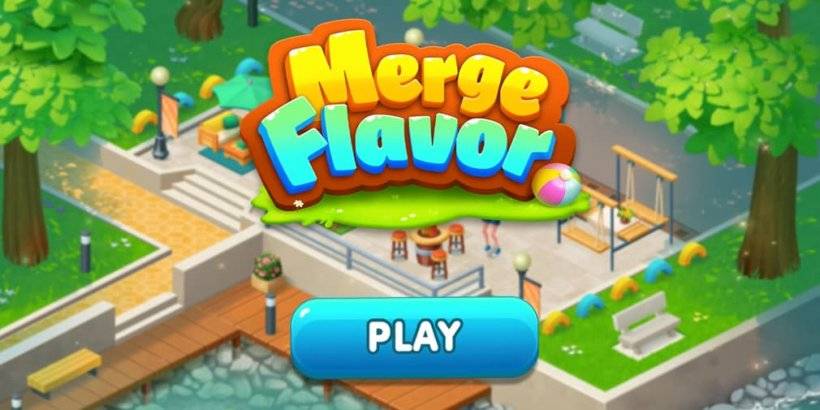
-
-
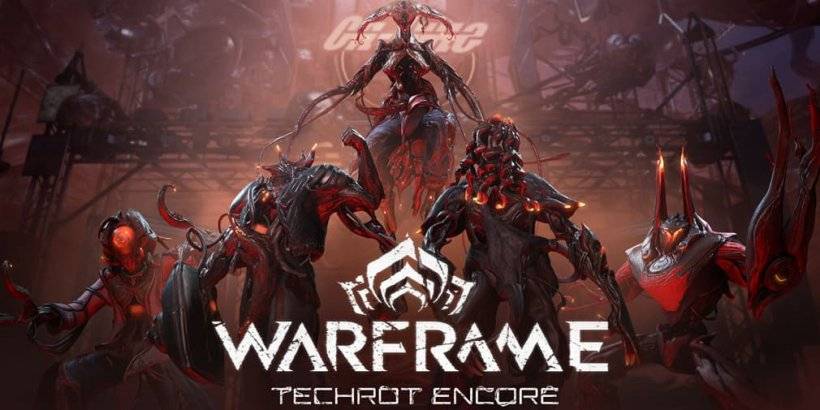
-
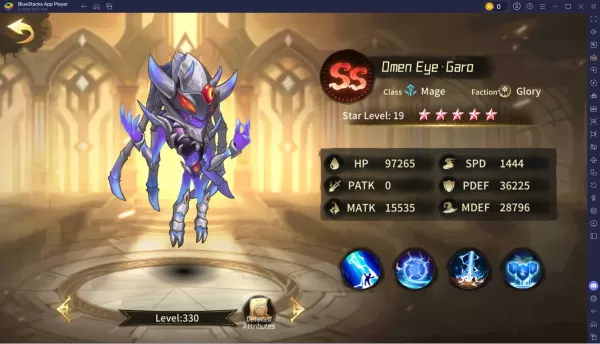
- Top Heroes Ranked in Chaos Tier List
- Dec 19,2025
-
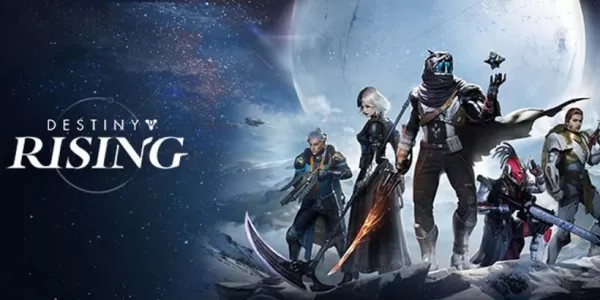
- Destiny: Rising Pre-Load Available Before Launch
- Dec 19,2025
